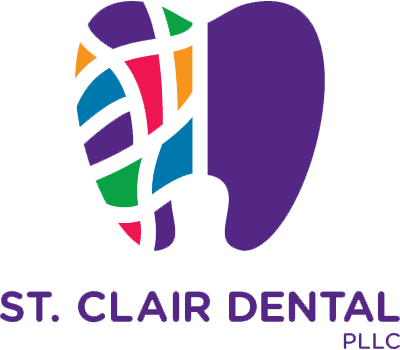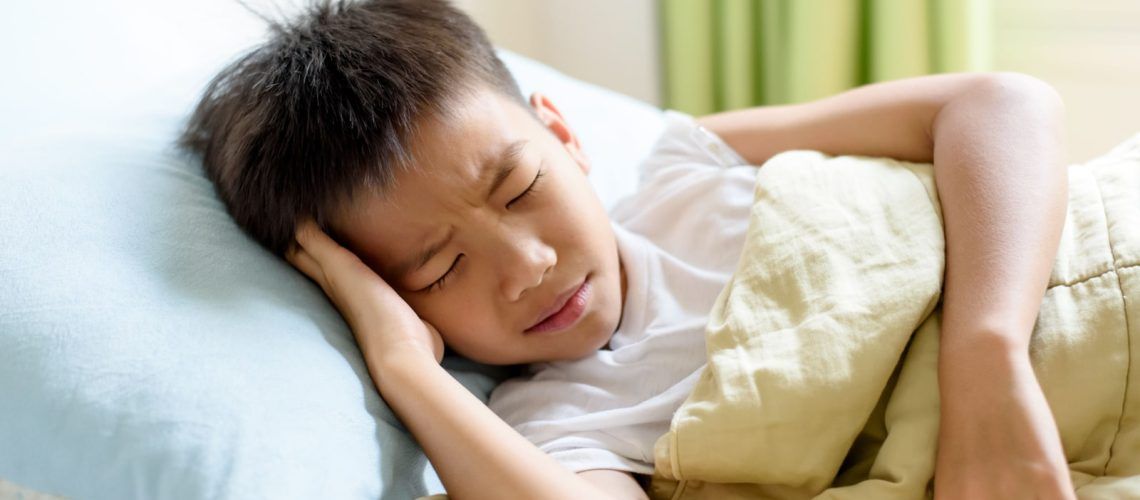Pediatric sleep apnea is a condition that can disrupt a child’s sleep and have implications for their oral health. While not considered a common condition, children with pediatric sleep apnea tend to face more difficulties with their oral health. At St. Clair Dental PLLC, it is important to recognize this condition and provide effective ways of managing it through proper dental care. In this article, we’ll briefly go over what pediatric sleep apnea is and how it can affect your child’s oral health.
What is Pediatric Sleep Apnea?
Pediatric sleep apnea occurs when a child’s airways become partially or completely blocked during sleep, reducing oxygen levels and disrupting sleep patterns. Detecting the signs and symptoms of sleep apnea in children is crucial for early intervention. Here are some indicators to be aware of:
- Snoring: Persistent and loud snoring is a common symptom of sleep apnea in children.
- Restless sleep: Children with sleep apnea may frequently toss and turn during sleep.
- Pauses in breathing: Observe if your child experiences a pause in breathing during sleep.
- Mouth breathing: Sleep apnea can cause children to breathe primarily through their mouth instead of their nose.
- Daytime sleepiness: Excessive daytime sleepiness or difficulty staying awake can be signs of sleep apnea.
- Behavioral changes: Sleep deprivation can lead to irritability, mood swings, and poor concentration in children.
- Poor academic performance: Chronic sleep deprivation can affect a child’s cognitive abilities and academic performance.
When faced with pediatric sleep apnea, it can bring on many oral health problems later on in life. Some of these problems include:
- Malocclusions: Chronic mouth breathing associated with sleep apnea can lead to misalignment of the teeth and jaws, resulting in an improper bite and potential orthodontic concerns.
- Bruxism: Sleep apnea can contribute to teeth grinding (bruxism) in children, leading to tooth wear, jaw pain, and headaches.
- Tooth Decay: Breathing through the mouth can cause dryness, reducing saliva flow and increasing the risk of tooth decay and cavities.
- Gum Disease: Reduced saliva flow can contribute to gum inflammation (gingivitis) and, if left untreated, progress to periodontal disease.
- Facial Abnormalities: Pediatric sleep apnea can sometimes cause facial abnormalities, such as long-face syndrome or changes in jaw development.
- Enlarged Tonsils: Sleep apnea is often associated with enlarged tonsils and adenoids, which can obstruct the airway and contribute to breathing difficulties.
- Poor Oral Hygiene: Sleep-deprived children may struggle to maintain proper oral hygiene, increasing the risk of oral health issues.
Managing Pediatric Sleep Apnea at St. Clair Dental PLLC
At St. Clair Dental PLLC, our team offers a compassionate approach to our patients. It includes services such as dental examinations, airway evaluations, oral appliances, and referrals for orthodontic treatment to help assess your child’s oral health and help them maintain proper oral hygiene.
If you would like to learn more about our services, please get in touch with our dental clinic in Granbury, TX, by calling (817) 910-2880 to schedule an appointment with Dr. Maureen Karl. At St. Clair Dental PLLC, we believe that early identification and treatment of pediatric sleep apnea are crucial for your child’s oral health and overall well-being, so call us today to learn more about our services!

